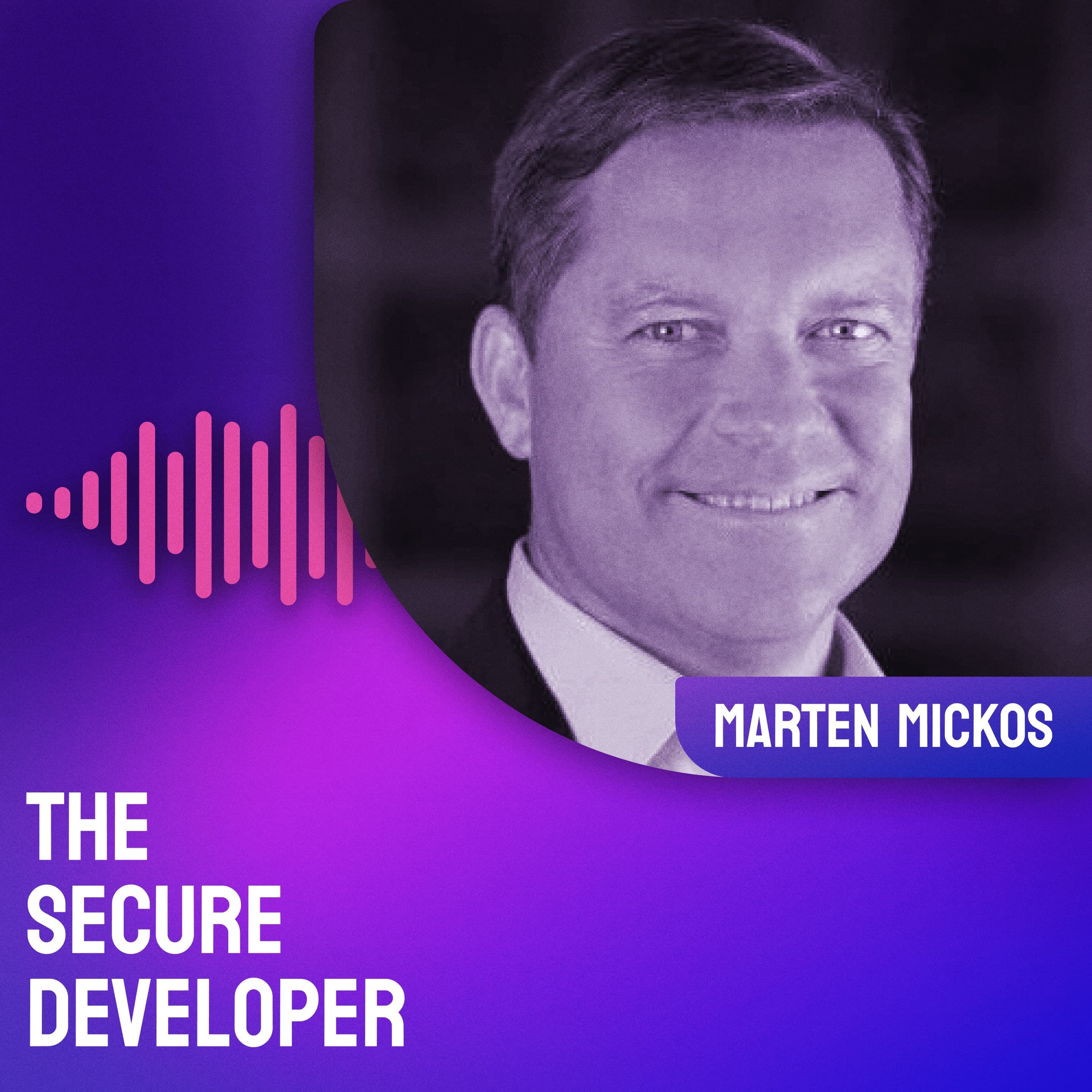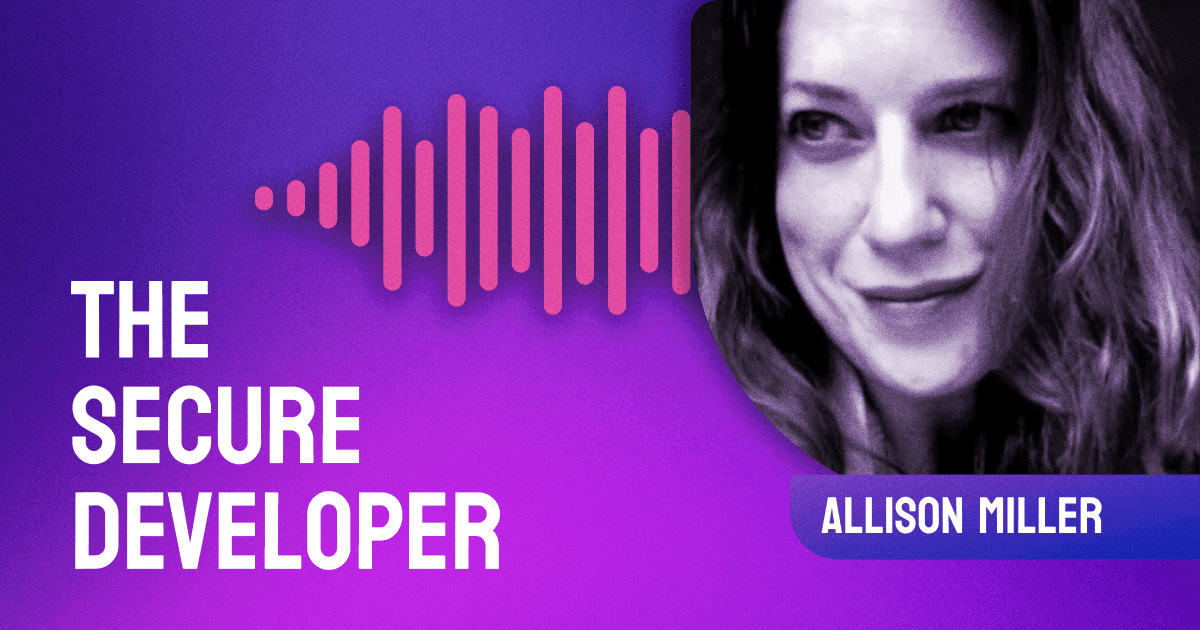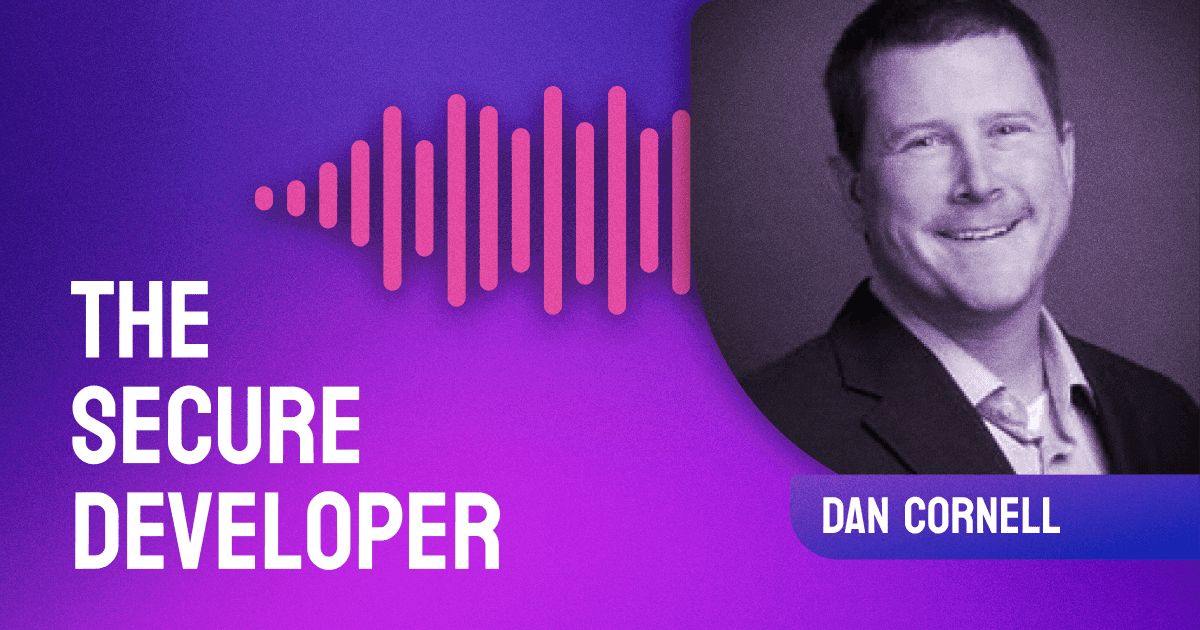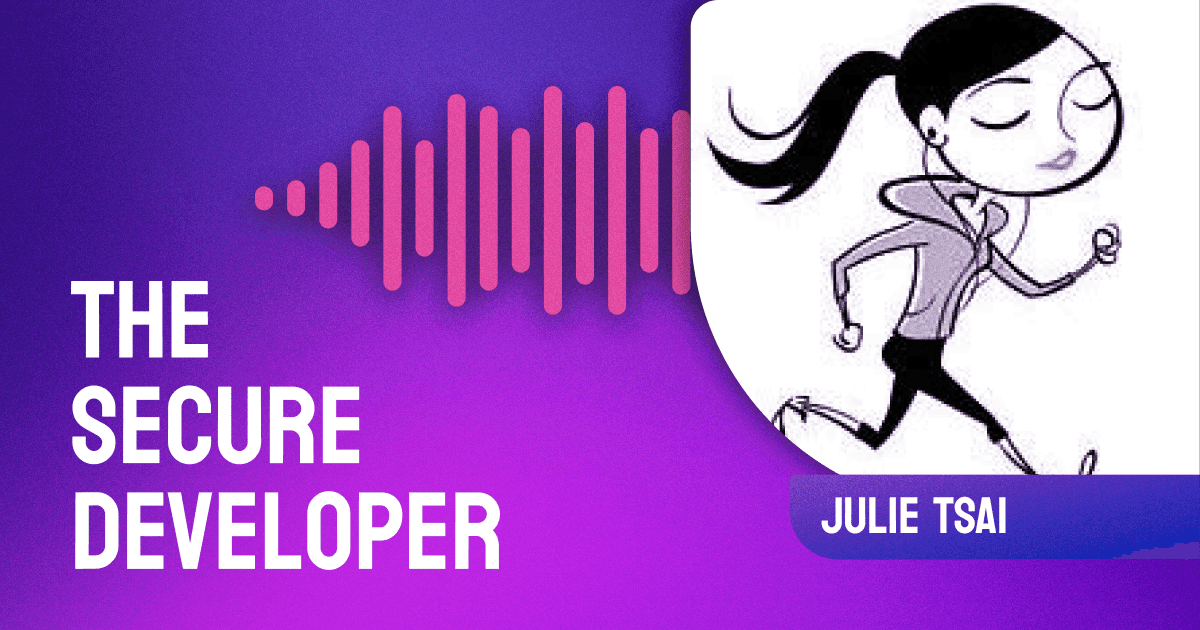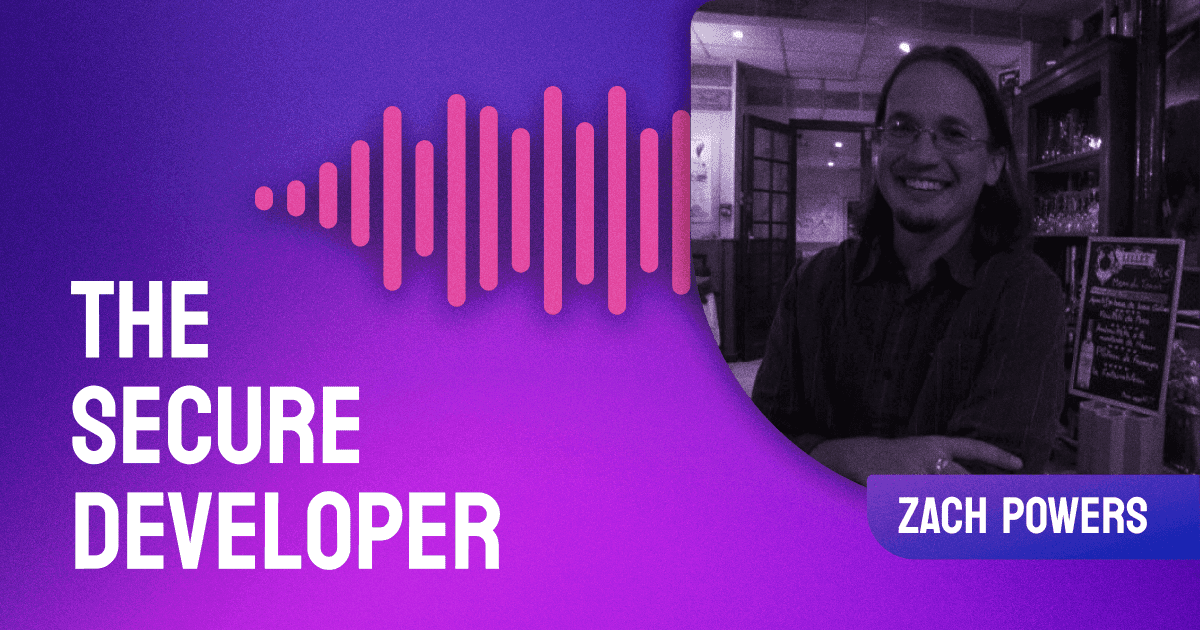In episode 18 of The Secure Developer, Guy meets with Marten Mickos, CEO of HackerOne, a platform for vulnerability coordination and a bug bounty program that helps developers test and build more secure systems.
The post Ep. #18, Collaborative Security with HackerOne’s Marten Mickos appeared first on Heavybit.
